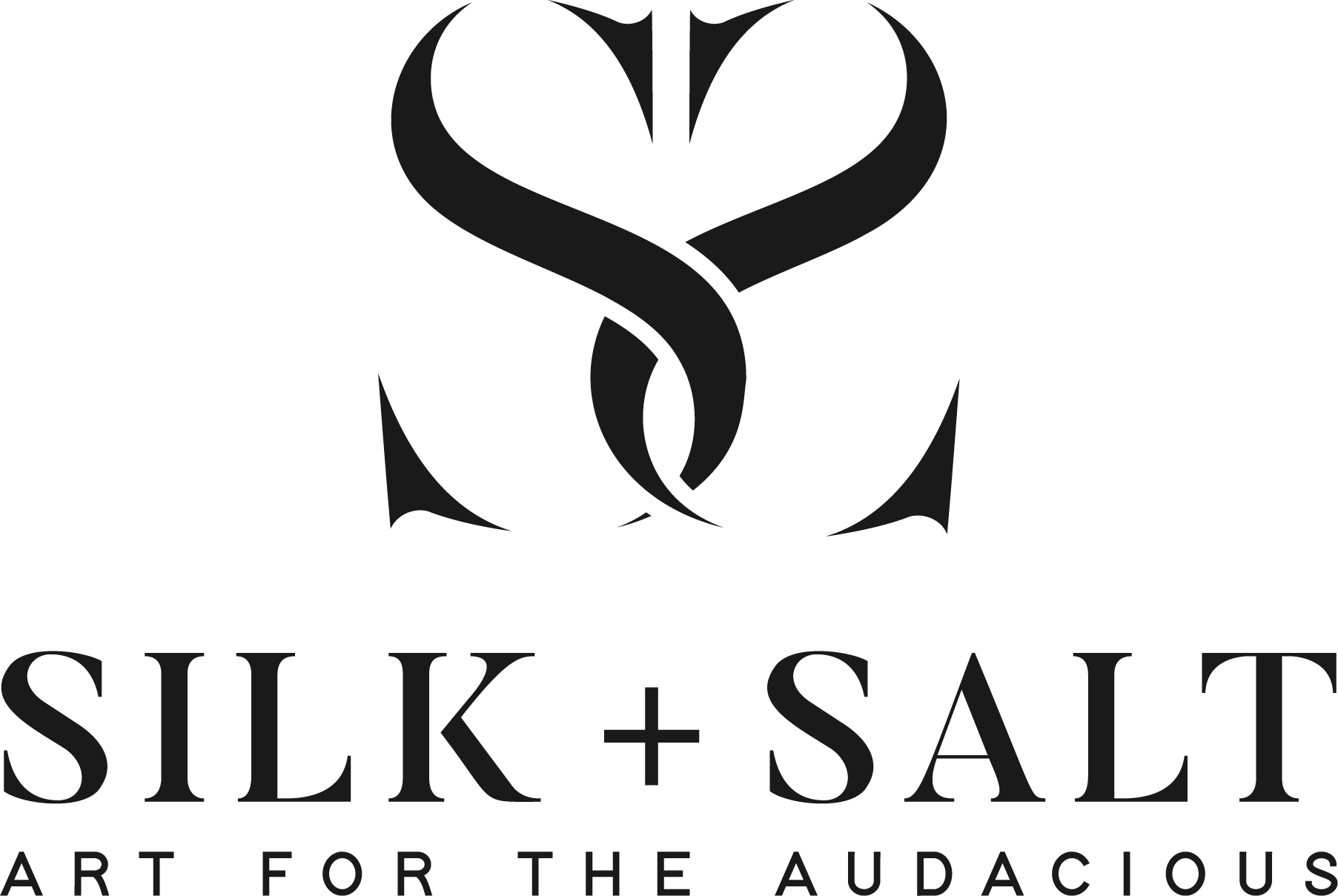An Inside Look on Utah's LGBTQI+ Community in 2023
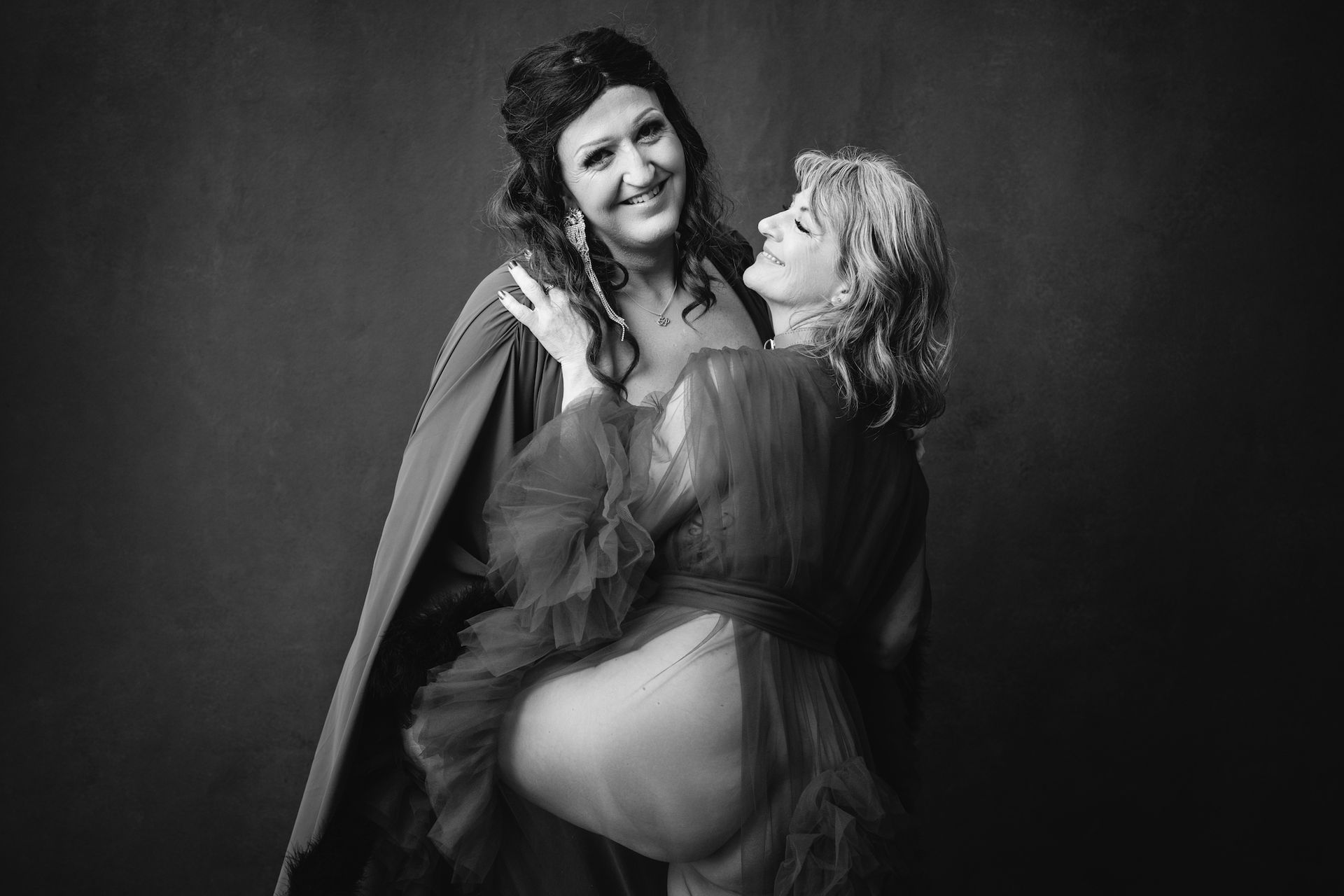
Utah is widely known for the intense presence of The Church of Jesus Christ of Latter-day Saints – and for the ever-growing LGBTQI+ population reaching higher than the national average in this past year alone. Despite arduous pushback and religious agendas, the queer community in Utah has more of a presence today than ever before; sitting at 3.5% of the state’s population as of February of this year. Over the past decade, Salt Lake City has bloomed into a hub of gay-friendly establishments including salons, restaurants, pubs, and several support groups for the LGBTQI+ community. However, SLC has a long way to go before reaching the cultural height of cities such as San Francisco with nearly 9% of the population identifying as queer, gay, trans, or non-binary. Change is here, and in the past year alone the rainbow community has gained incredible momentum in the state of Utah, giving it the potential to double in only a few years. Still, it’s hard to ignore the polarizing demographic of the Mormon Church and its role to play in the societal structure we see today. Diving into the LGBTQI+ presence in Utah will cultivate a deeper understanding of the society we live in, and how we can make our home more welcoming for our queer community.
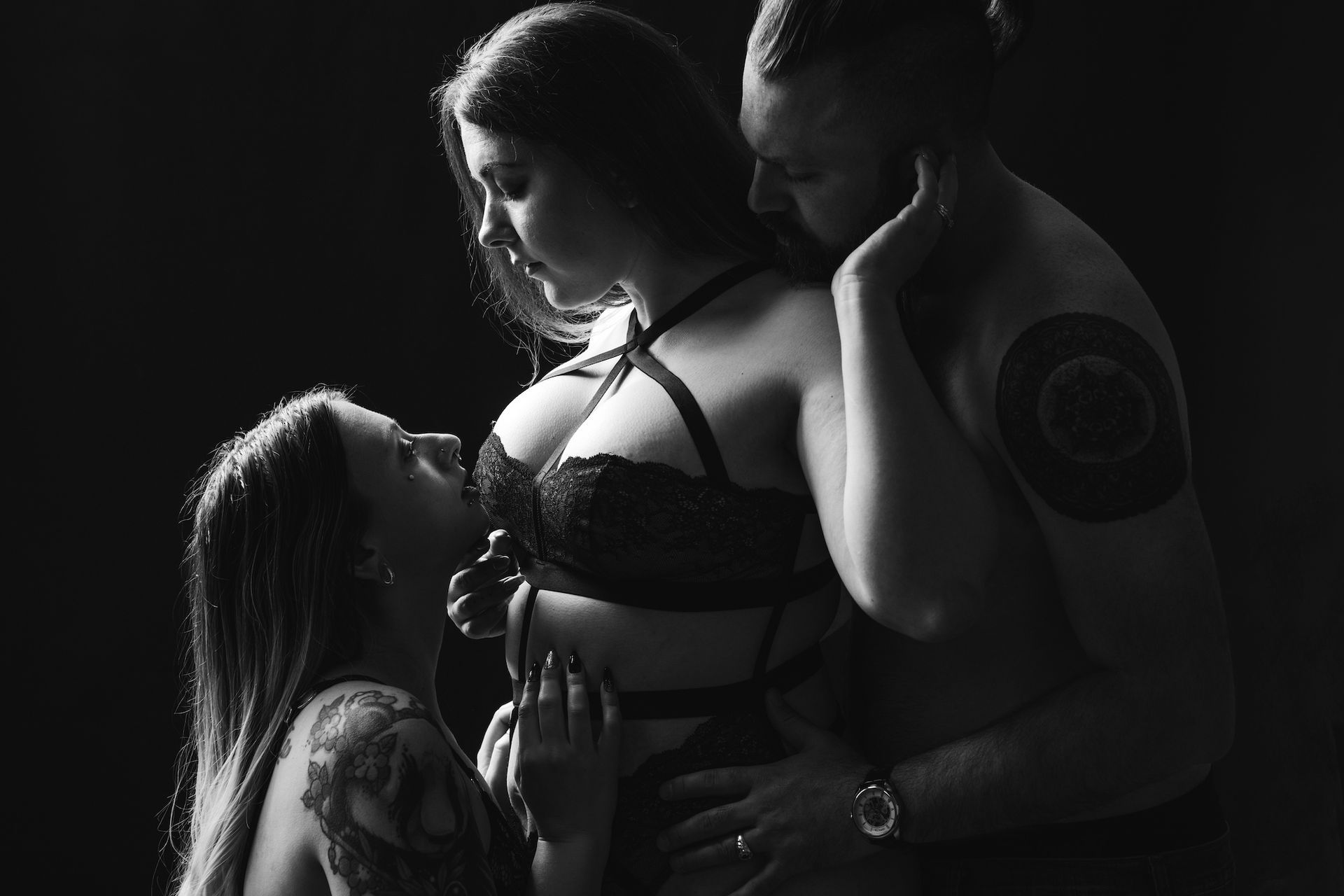
I had the opportunity to interview members and supporters of the LGBTQI+ community located in different counties in Utah, and they commented on their varied experiences of growing up or living in the Beehive State. LGBTQI+ supporter and 30+ year resident of Davis County, Ric Womble, holds degrees in psychology, sociology, and women's studies, with an emphasis on interpersonal relationships and human sexuality. He offered incredible insight into the “common demographic” of the Church with his time as a Minister turned Polyamorous LGBTQI+ ally. Ric emphasizes that young LGBTQI+ members struggle to find a sense of belonging in Utah because “our developing personalities will expand based on our ability to predict the future of our environment.” He states that because the general public’s view on the LGBTQI+ community is so unpredictable, it’s difficult for us to gauge if we are in a safe space to express ourselves openly. Although Ric notes that there is an overall growing acceptance of the LGBTQI+ community in Utah, there is still more for society to learn to escape dogma. He encourages us to rip a page out of the evangelical playbook and utilize the concept of “each one, reach one,” explaining that it is not our job to convince society to accept queerness, but rather that we should reach out and show our humanity to those who hold fear for what they don’t understand. “You don’t need to convince them you’re right, but make sure they know the human who lives next door,” he explains, “We are all human - why on earth would anyone hate somebody that treats people like they are human?” Ric practices this sentiment in his daily life by connecting with community members and neighbors, and flying a colorful array of LGBTQI+ flags in his front yard all year round.
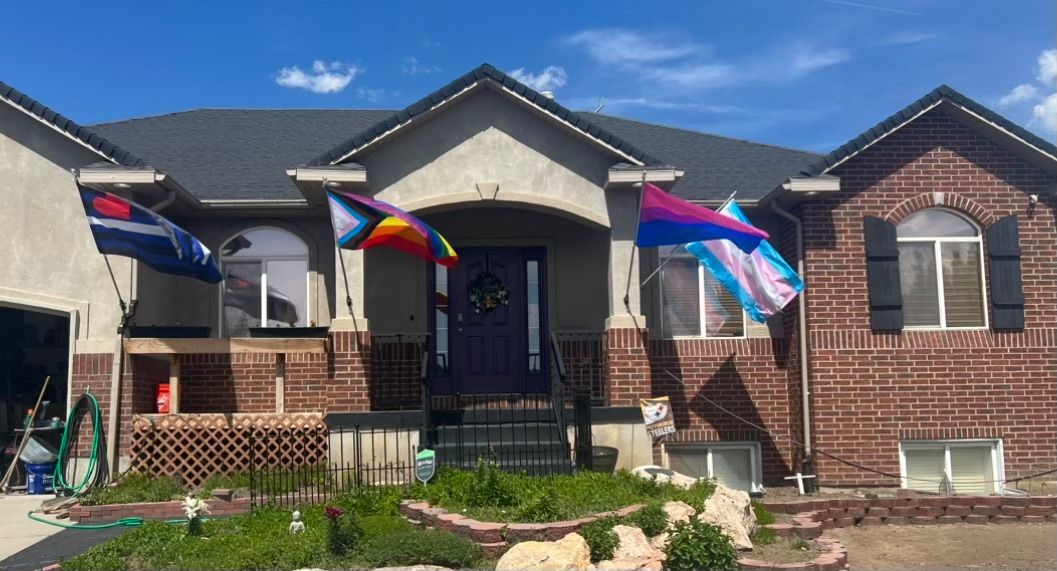
We see the positive impact of Ric’s advice to the community every day, as a dear friend in the LGBTQI+ community, Bradley, expressed, “I see much more houses flying the pride flag in my neighborhood, and sometimes I get excited when I see them,” he says, “it sometimes surprises me to see that much support.” As a gay man living in Utah, Bradley expressed how he wishes more Utah residents would understand that sexual orientation is just a fraction of his overall identity, stating that, “we are more than the sum of all of our parts.” He explains that on the other side of his sexual orientation, he is at his core a human with varying interests that go deeper than his association with the LGBTQI+ community. The anomaly of seeing a pride flag pinned in the window of a local small business or neighborhood house is becoming less of a rarity with each passing year, but with that comes increased backlash from the polarized demographic of the conservative LDS community. Those of us who nurtured our sexual and gender identities under judgmental eyes feel their hateful presence much more heavily. McKay, a gray ace, pan romantic, trans man, and resident of Weber County, spoke on the inherited fear that follows him through his career. “My biggest struggle would be finding jobs where I know I’ll be safe, and not at the risk of being fired if my trans identity is found out,” he explains. “I think a lot of people here view queerness as a mental illness, a perversion, or a fad. I wish people knew more about queer history and could see that we’ve always been here and that we are just people!” McKay expressed that his beliefs on how to bridge the gap between the LGBTQI+ community and its opposers are inspired by the gender-fluid fashion model icon Rain Dove. In an interview with Teen Vogue Magazine, Rain explains, “You have the ability to create social and political change just by standing behind people and politicians you believe in.” She encourages the queer community to “take to Twitter or Instagram” as this generation's most widely accessed platforms for societal growth and to back those who have the means and political standing to bring about real change in conservative states such as Utah.
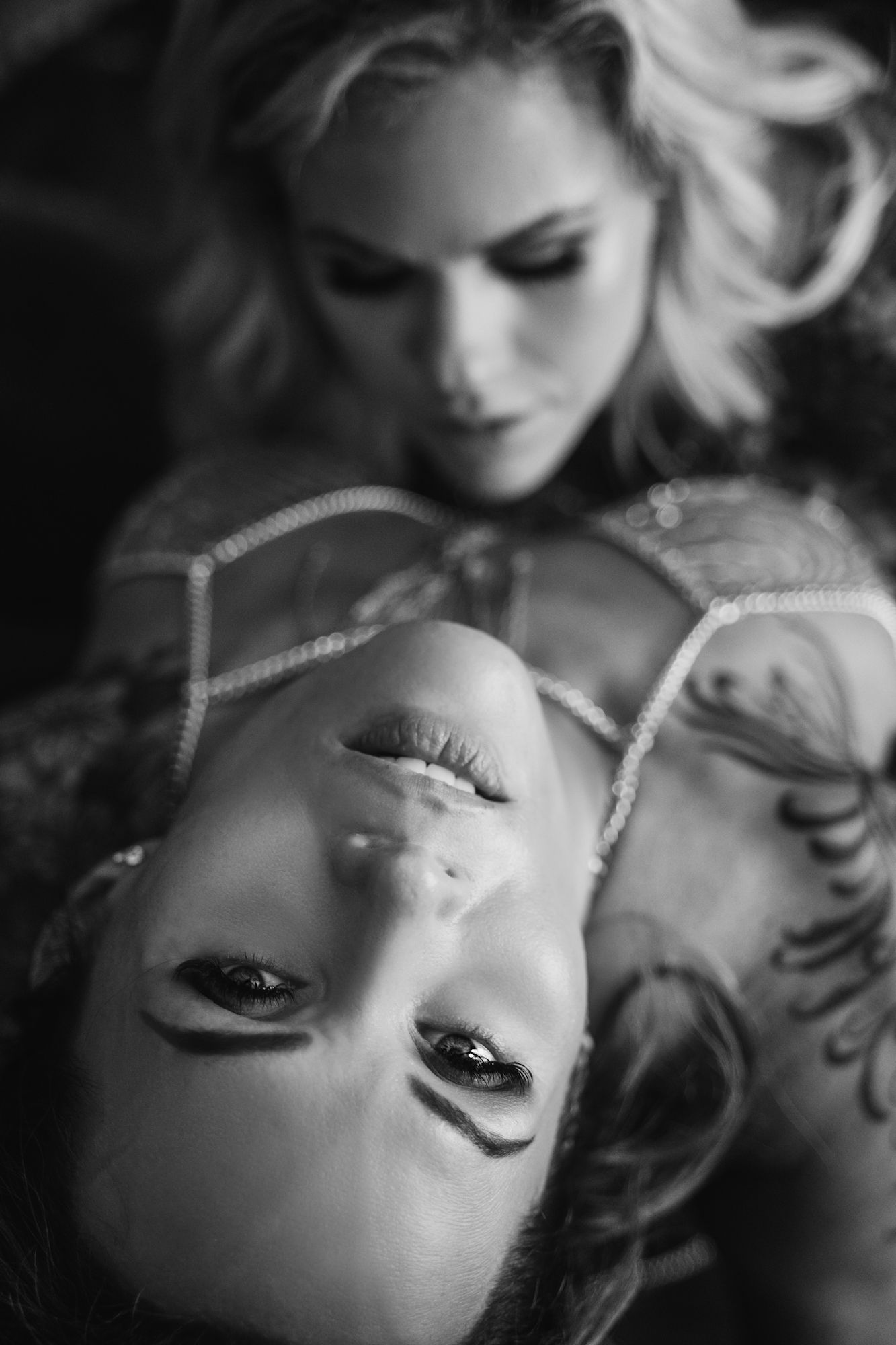
In the early morning of June 28th, 1969 in Greenwich Village, NY, the New York City Police raided the Stonewall Inn; a known gay club where employees and members were dragged into the streets and arrested for criminal mischief and disorderly conduct. This led to six consecutive days of protests from the gay community, a monumental tipping point in history. Now every year in June, LGBTQI+ members and supporters take to the streets to memorialize and celebrate two things; Pride in what we are, and what we are becoming. Pride month is historically a 30-day remembrance and appreciation of the trans, queer, and gay persons that risked life and limb to protest against the systemic hatred and unconstitutional laws imposed upon the queer community. For this new generation, the SLC Pride Festival is a space where LGBTQI+ feel the most comfortable expressing their identities free of judgment. McKay shared that attending the Pride Festival opened his eyes to, “just how many of us are out there,” and how he had the opportunity to “feel 100% comfortable in that group. Seeing all those magical souls being free and happy is such a magical feeling.” Bradley commented on the festival stating that he recognizes it as, “being a beacon for those needing love and support; so they know there are people in the world who cherish them for who they are.” Although the festival cultivates a sense of comradery amongst the queer community, most agree that it is important to celebrate our uniqueness not only during June. “It should be celebrated every day. Be proud every month, every day, every year,” Ric Womble explains, “it goes beyond just sexuality, it's about being prideful of ALL that you are.”
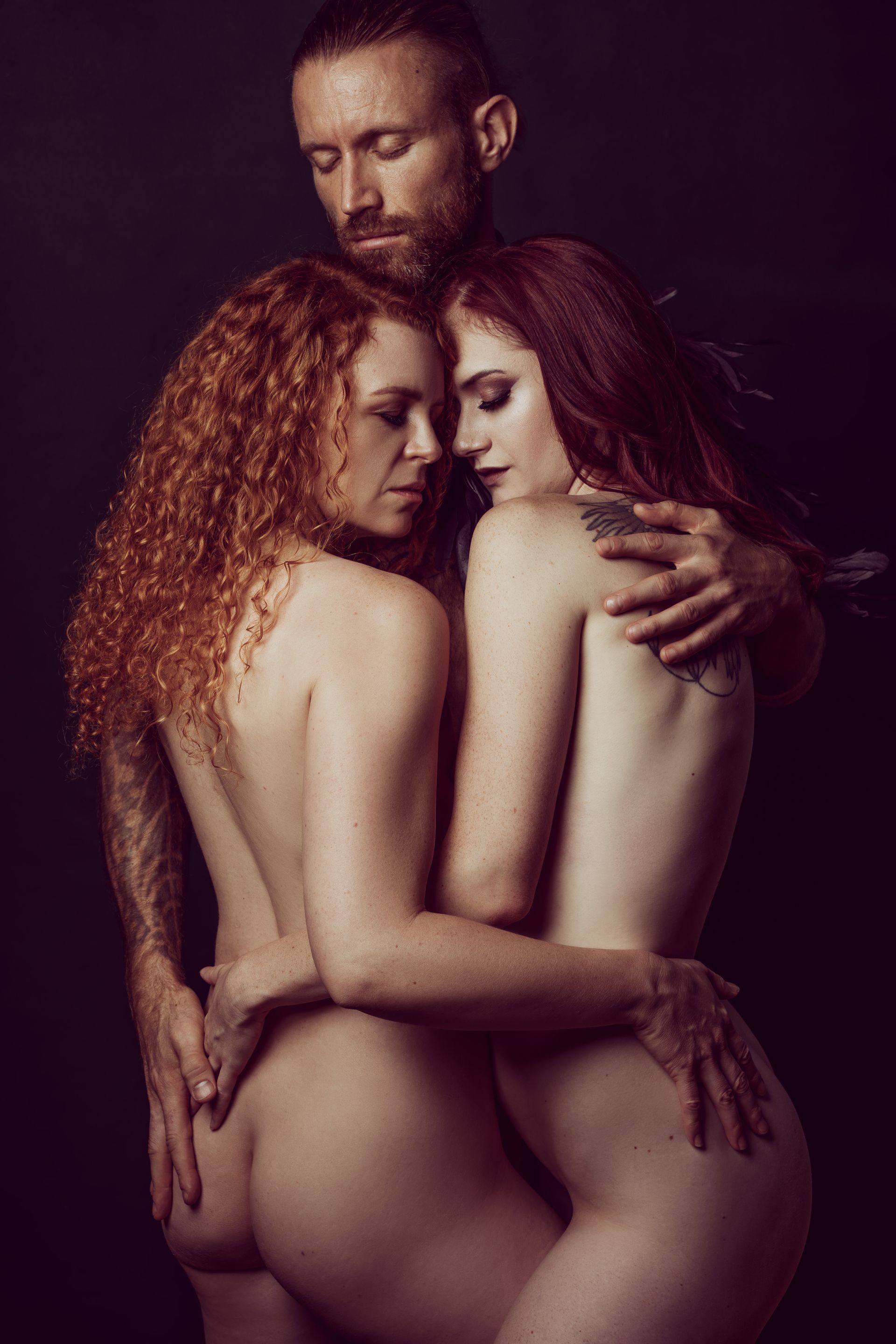
Speaking with fellow LGBTQI+ community members and supporters in Utah was eye-opening to the varying degrees of both fear and freedom that lives between the lives of queer people in our home state. When speaking with McKay about how Utah’s queer culture differs from other states, he said, “There is definitely a thriving queer community here, and I think that queer communities in conservative states are even stronger and more inclusive than ones I’ve seen in more liberal areas.” When discussing the impact of the LDS church on the inner workings of the LGBTQI+ community, McKay commented, “We’re used to the constant outside judgment, so we don’t hold a lot of it within our community.” There has never been a better time for LGBTQI+ to live in Utah than there is today; regardless of the current impact of the LDS church on the societal climate, Utahns are shedding the fear of people who are queer. This pride month, and for the rest of 2023, I encourage my readers to embrace the momentum of this past year and to reach out to local community members and support groups to continue cultivating our growth in Utah cities. Vote, petition, protest, and rally; remember how far we have come, and always take pride in who you are.
